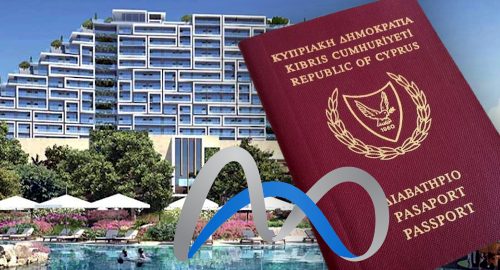If Colorado’s commercial casinos are able to offer anything more than slot machines and a few table games, it will be because the people want it – just the way things should be decided. The U.S. is going to see national and regional elections come to a close on November 3 in what will undoubtedly be one of the most contentious election periods in the past 50 years. In Colorado, residents are going to have to determine the fate of a number of legislative issues, one of which is whether or not casinos should be allowed to expand their offerings.
Amendment 77 addresses the subject of casino gambling, asking residents to decide whether casinos should be able to offer more types of games, as well as larger single bets. If successful, which requires at least 55% of the voters to say yes, the initiative would pave the way for local votes in Black Hawk, Central City and Cripple Creek, where the state’s commercial casinos are located. It potentially allows for games like baccarat and others to be put on the menu alongside existing options like poker, roulette and craps, and for the removal of the $100 bet cap. That limit was approved in 2018, and led to the cap increasing from $5 to its current level in 2019.
The impetus for the change stems from the assertion that gamblers are now taking their money out of state, with some studies showing that as much as $300 million is leaving Colorado for more liberal casinos elsewhere. David Farahi, the chief operating officer for Monarch Casino in Black Hawk, told Colorado Public Radio, The person that goes to Vegas, six, 10, 12 times a year — if we can get them to come to one of Colorado’s three gaming towns one or two or three of those times — it keeps the dollars in the state.”
Approval of the legislative action means more money for education in Colorado. According to an overview of Amendment 77, it specifies, in part, “The distribution of gaming tax revenue for community colleges in state statute would be amended to include distributions to programs to improve student retention and increase credential completion. If the measure is approved by voters statewide in November, each of the three towns may hold a local election to vote on whether to change betting limits and add new games. The earliest these changes would go into effect is May 1, 2021.”
















